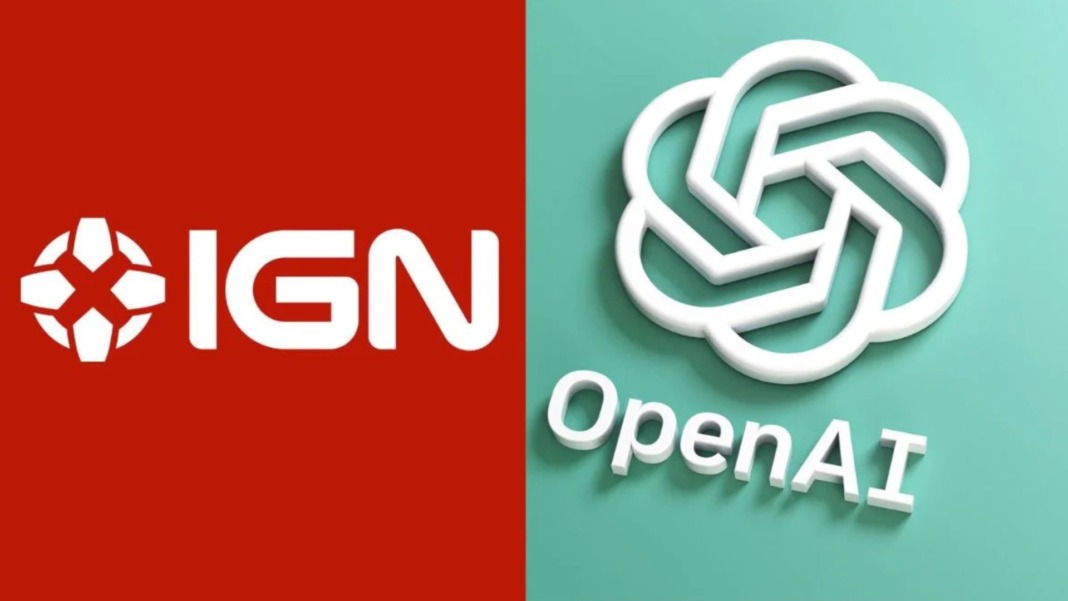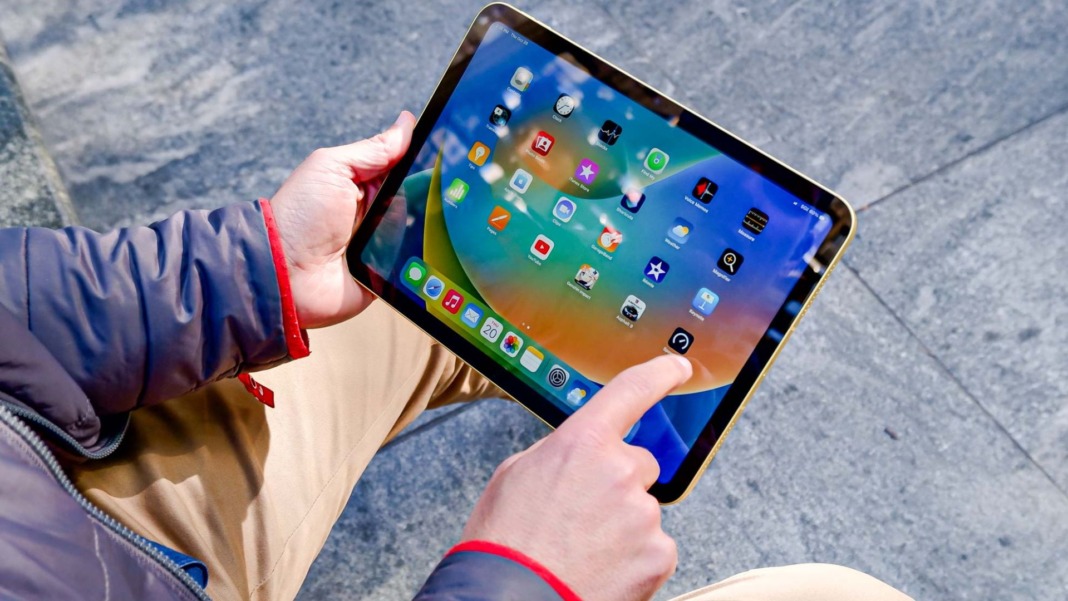Ziff Davis, the media company behind popular sites like IGN, CNET, and PCMag, has taken legal action against OpenAI. The company claims that OpenAI copied its content without permission and used it to train artificial intelligence tools, including ChatGPT. The lawsuit marks one of the biggest copyright challenges OpenAI has faced.
Ziff Davis says OpenAI copied entire articles from its websites, ignoring efforts to block content scraping. It also accuses OpenAI of removing copyright notices from its work. According to the claim, this copying was done “intentionally and relentlessly,” violating the company’s clear instructions against automated data collection.
The case against OpenAI
In the lawsuit, Ziff Davis says OpenAI used its copyrighted content to train AI models, even though the media company had a robots.txt file. This file is a standard way for websites to tell automated systems not to collect their data. Despite this, Ziff Davis says OpenAI’s systems ignored the restrictions and took large amounts of text from its websites.
The company also alleges that OpenAI removed copyright details from its collected content. Ziff Davis found hundreds of complete articles in a small sample of OpenAI’s WebText dataset, which was made public. These articles came directly from its media brands and were used to help ChatGPT generate answers for users.
Ziff Davis has asked the court to order OpenAI to stop using its content and delete any datasets or models that include its copyrighted material.
One of the most significant lawsuits so far
Ziff Davis owns more than 45 media brands and employs over 3,800 people. The company publishes almost 2 million articles each year and attracts an average of 292 million user visits every month, making it one of the largest publishers to sue OpenAI so far.
While some publishers have signed licensing deals with OpenAI, others have decided to sue. Companies like Vox Media, The Atlantic, The Associated Press, and The Financial Times have agreed to share their content with OpenAI. However, Ziff Davis is now part of a growing group of media organizations—including The New York Times, The Intercept, and several Canadian outlets—that are suing OpenAI for using their work without permission.
The legal battles highlight a key issue in AI: where the training data comes from. News outlets argue that their hard work is being used without fair compensation. On the other hand, AI companies say they rely on public information and operate under “fair use” rules.
OpenAI responds
OpenAI spokesperson Jason Deutrom defended the company’s practices: “ChatGPT helps enhance human creativity, advance scientific discovery and medical research, and enable hundreds of millions of people to improve their daily lives.” He added that OpenAI’s models are built on publicly available data grounded in the legal concept of fair use.
Ziff Davis has not offered further comment at this time.
As the legal case unfolds, it may set a precedent for how AI companies can use online content and whether content creators will receive protection—or compensation—for their work in the age of artificial intelligence.




